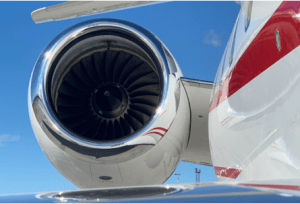Quality Assurance Management
AQS offers a Quality Assurance Management service that is popular and very valuable and effective with our clients and to our industry. Our Quality Management services allow your on-site Quality team to focus on the daily tactical Quality Control such as Inspection and FAIR activities, direct reports and shipments while resting easy knowing we have you covered with the rest. Quality Assurance Management refers to the set of processes, procedures, and practices implemented within the aerospace industry to ensure that products and services meet the highest standards of quality, safety, and reliability. This field is crucial in aerospace because of the industry's stringent requirements, the complexity of aerospace systems, and the potential safety implications of any defects or failures.
Quality Assurance Management services include ownership and maintenance of the company’s Corrective Action system, Management Review presentation and meeting minutes, host customer and registrar audits, conduct internal and supplier audits, development and implementation of Standard Operating Procedures, Work Instructions and forms including managing the Document Control system, developing and facilitating training modules, managing and maintenance of the company’s Approved Supplier List and system and much more.
Further detailed examples of our Quality Assurance Management services listed below:
Compliance with Standards and Regulations:
Aerospace quality assurance management involves adherence to international and national standards and regulations. This includes standards set by organizations such as the International Organization for Standardization (ISO) and specific regulations from aviation authorities like the Federal Aviation Administration (FAA) in the United States, Defense Federal Aerospace Regulations, and others globally.
Quality Management Systems (QMS):
Organizations in the aerospace industry typically implement comprehensive Quality Management Systems (QMS). These systems outline the processes, procedures, and responsibilities necessary to achieve and maintain high-quality standards. Common QMS standards include ISO 9001, AS9100 and IATF 16949.
Testing and Inspection:
Rigorous testing and inspection processes are integral to aerospace quality assurance. This includes non-destructive testing, material testing, and other specialized testing methods to ensure the integrity and reliability of aerospace components and systems.
Supplier Quality Management:
Aerospace companies often work with a network of suppliers. Quality assurance management extends to the oversight and management of suppliers to ensure that the materials and components they provide meet the required standards.
Documentation and Traceability:
Robust documentation practices are essential in aerospace quality assurance. Every step of the manufacturing or service process is documented to provide traceability. This documentation ensures that the origin and history of each component can be traced, facilitating accountability and quality control.
Continuous Improvement:
Continuous improvement is a key principle of aerospace quality assurance management. Organizations strive to identify areas for improvement in processes, technologies, and personnel skills to enhance overall quality and efficiency continually.
Risk Management:
Identifying, assessing, and mitigating risks is crucial in aerospace quality assurance. This includes proactive measures to prevent defects, as well as contingency plans for addressing any issues that may arise during the manufacturing, testing, or operational phases.
Training and Competence:
Ensuring that personnel involved in aerospace processes are well-trained and competent is fundamental to quality assurance. Training programs are designed to keep employees up to date with the latest industry standards and best practices. AQS offers an extension library of training modules employing a hands-on format, which engages participants in discussion and break-out exercises involving on-the-job and real-life experiences to improve problem-solving and skills. The competencies of the trainees are assessed with a written exam covering the content of the applicable syllabus.


